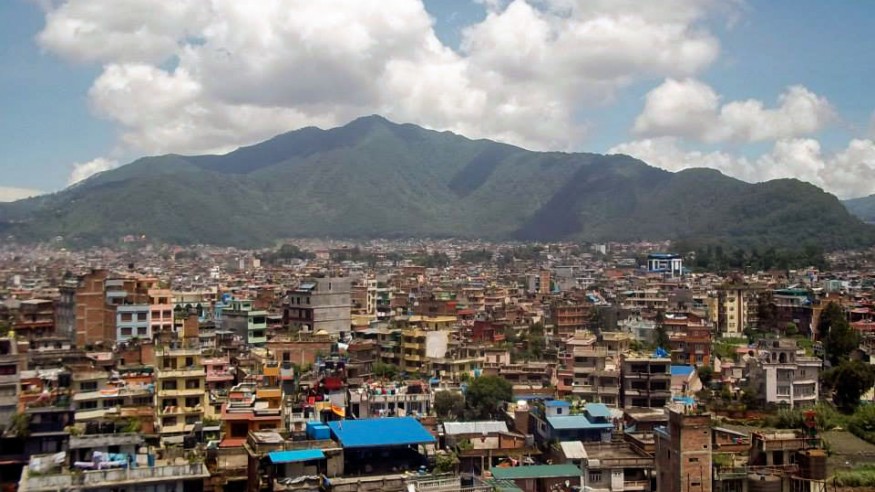
Theory-to-Practice Grant, ‘Authenticity and Understanding in the Mountainous Langtang Region of Nepal’
How is Ohio Wesleyan University’s ‘OWU Connection’ curriculum helping students explore areas of interest and prepare for global citizenship and leadership? In this new series, read how OWU’s Course Connections, Travel-Learning Courses, Theory-to-Practice Grants, and other programs help students…Make the Connection.
Ellie Feely ’14 and Rachel Vinciguerra ’14 studied sustainable tourism in Nepal with assistance from a university-funded Theory-to-Practice Grant. (Photo courtesy of Ellie Feely ’14)
Name: Ellie Feely ’14
Hometown: Libertyville, Illinois
Majors: English and Politics & Government
Experience: Theory-to-Practice Grant, “Authenticity and Understanding in the Mountainous Langtang Region of Nepal”
Ellie Feely ’14, left, and Rachel Vinciguerra ’14 in Nepal. (Photo courtesy of Ellie Feely ’14)
“It is nearly impossible to put into words what I learned while in Nepal. In our Theory-to-Practice [Grant] proposal, Rachel Vinciguerra ’14 and I proposed to study sustainable tourism and the impact that had on the culture. However, every aspect was a learning experience and contributed to our initial objectives in some way, shape, or form.
“Nepal has a variety of cultures that are separated by geographic barriers. Starting in the early 1990s, Nepali literature expanded in cross-cultural readership. As a result, small factions of Nepali culture have been exposed to the ideas and traditions of other Nepali cultures.
“Sustainable tourism is defined as ‘an attempt to make the smallest possible impact on the local environment and people while simultaneously working to benefit the economy of the area.’ Given this working definition, I associated any mark left by tourism to be a negative one.
“However, through observing the cross-cultural interactions between various Nepali cultures, as well as foreign tourists, I realized that, just as in the United States, seclusion is not how cultures expand, and [sustainable tourism] promotes stronger and more sustainable lifestyles.”
